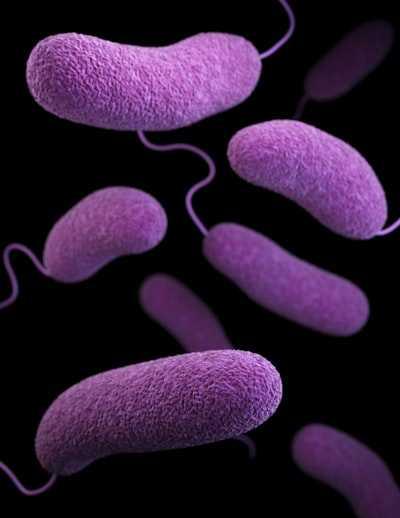The Role of the Microbiome: Brain's Hidden Influencers
The gut microbiome is made up of trillions of microorganisms, including bacteria, fungi, and viruses, living in your intestines. These microbes produce neurotransmitters like serotonin, dopamine, and gamma-aminobutyric acid (GABA), which influence brain function and mood.
189
1.53K reads
CURATED FROM
IDEAS CURATED BY
The relationship between the gut and brain, known as the gut-brain axis, has become a crucial area of research in neuroscience and gastroenterology. Emerging studies reveal that the gut and brain communicate bidirectionally through a complex network of nerves, hormones, and biochemical signals. Your digestive health plays a vital role in cognitive function, mood regulation, and even mental disorders such as depression and anxiety.
“
Similar ideas to The Role of the Microbiome: Brain's Hidden Influencers
The human microbiome
The human body is made up of trillions of human cells. There are possibly three times as many microorganisms (bacteria, fungi, and other microbes) living in and on the human body. The microbial communities in and on the human body are known as the human microbiome.
The mic...
Definition of the gut microbiome
Gut microbiome is a word describing microbes – viruses, bacteria, fungi, archaea etc. – which live in your gut. Usually, gut bacteria are the microbes that mostly affect our wellbeing. (Partly because we have only studied bacteria most thoroughly.)
The Microbiome-Gut-Brain Axis
The link between the brain the gut works in three ways:
- Bacteria produce certain chemicals that travel via the vagus nerve to the brain.
- An amino acid called tryptophan, which is a building block for serotonin is produced by gut bacteria.
- Bacteria influ...
Read & Learn
20x Faster
without
deepstash
with
deepstash
with
deepstash
Personalized microlearning
—
100+ Learning Journeys
—
Access to 200,000+ ideas
—
Access to the mobile app
—
Unlimited idea saving
—
—
Unlimited history
—
—
Unlimited listening to ideas
—
—
Downloading & offline access
—
—
Supercharge your mind with one idea per day
Enter your email and spend 1 minute every day to learn something new.
I agree to receive email updates


